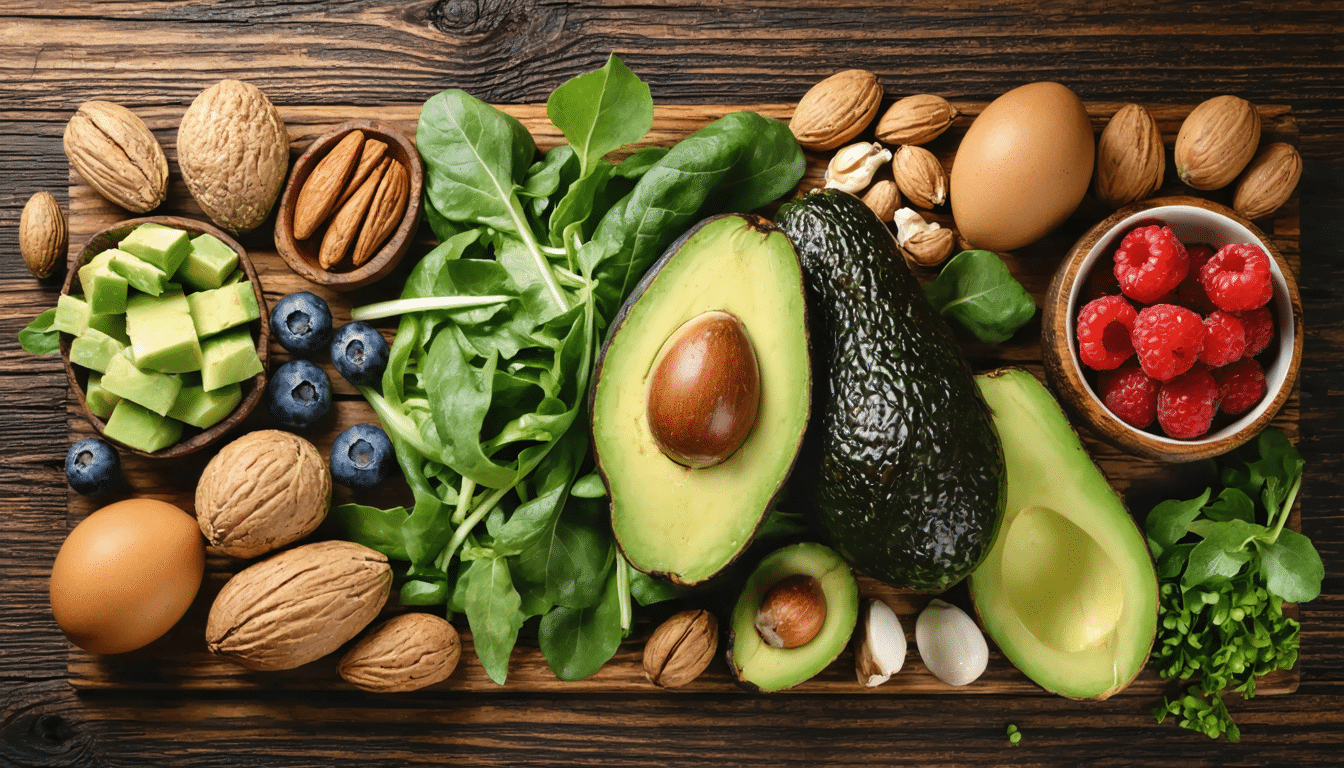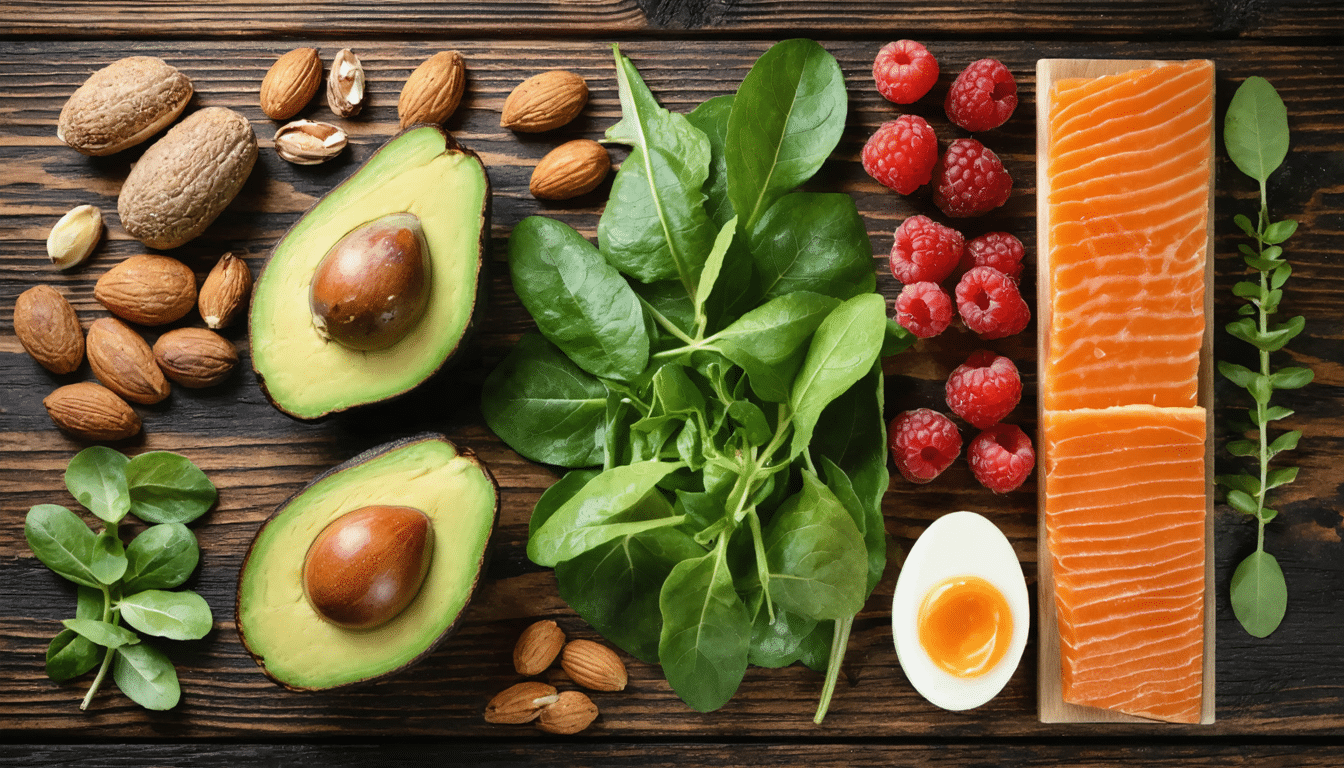Intermittent fasting (IF) has taken the health and wellness world by storm, and for good reason. By cycling between periods of eating and fasting, IF not only aids in weight management but also improves metabolic health and promotes cellular repair. However, achieving success with intermittent fasting is about more than just sticking to a schedule; it’s also about choosing the right foods to fuel your body during eating windows. Here’s what dietitians recommend to make your intermittent fasting journey both effective and sustainable.
Table of Contents
Toggle1. Prioritize High-Quality Proteins
Protein is essential for muscle maintenance and repair, especially if you’re fasting. Incorporate lean protein sources like:
- Chicken and turkey
- Fish (e.g., salmon, tuna, mackerel)
- Eggs
- Plant-based options like lentils, chickpeas, and tofu
These foods provide satiety and help maintain muscle mass during fasting periods.
2. Load Up on Fiber-Rich Foods
Dietary fiber helps regulate blood sugar levels, improve digestion, and keep you feeling full longer. Include:
- Vegetables such as broccoli, spinach, and Brussels sprouts
- Fruits like berries, apples, and pears
- Whole grains like quinoa, oats, and brown rice
- Legumes such as black beans and lentils
Fiber is a fasting ally, as it prevents energy crashes and hunger pangs.
3. Healthy Fats for Sustained Energy
Healthy fats are a must for maintaining energy levels and supporting overall health. Opt for:
- Avocados
- Nuts and seeds (e.g., almonds, chia seeds, flaxseeds)
- Olive oil and coconut oil
- Fatty fish like salmon and sardines
These fats keep you satiated and provide essential nutrients for optimal function.

4. Hydration is Key
During fasting periods, hydration is crucial. Dehydration can be mistaken for hunger, so ensure you’re drinking plenty of:
- Water (consider adding lemon or cucumber for flavor)
- Herbal teas
- Bone broth (great for electrolytes and nutrients)
Avoid sugary drinks and focus on beverages that support your fasting goals.
5. Complex Carbohydrates for Energy
Complex carbs provide a steady release of energy, making them ideal for breaking a fast. Include:
- Sweet potatoes
- Brown rice
- Quinoa
- Whole-grain bread
These carbs replenish glycogen stores without causing blood sugar spikes.
6. Fermented Foods for Gut Health
A healthy gut supports better digestion and overall well-being. Add fermented foods to your meals, such as:
- Yogurt (preferably unsweetened)
- Kefir
- Kimchi
- Sauerkraut
These foods improve gut flora, enhancing nutrient absorption during eating windows.
7. Don’t Forget Micronutrients
Vitamins and minerals are vital for energy production and overall health. Include:
- Leafy greens like kale and Swiss chard for magnesium and potassium
- Citrus fruits for vitamin C
- Nuts and seeds for zinc and selenium
Micronutrients help your body thrive, even in fasting periods.
Tips for Intermittent Fasting Success
- Plan your meals: Prep nutrient-dense meals in advance to avoid reaching for unhealthy options.
- Listen to your body: Pay attention to hunger and fullness cues, and adjust your eating windows if needed.
- Avoid overindulging: While it’s tempting to feast after fasting, focus on balanced portions.
- Stay consistent: Like any lifestyle change, consistency is key to reaping the benefits of intermittent fasting.
Final Thoughts
Intermittent fasting is a powerful tool for achieving better health, but its success depends on what you eat during your feeding windows. By prioritizing high-quality proteins, fiber-rich foods, healthy fats, and staying hydrated, you can enhance the benefits of IF while supporting your body’s needs. With the right foods, intermittent fasting becomes not just a dietary choice, but a sustainable lifestyle.





